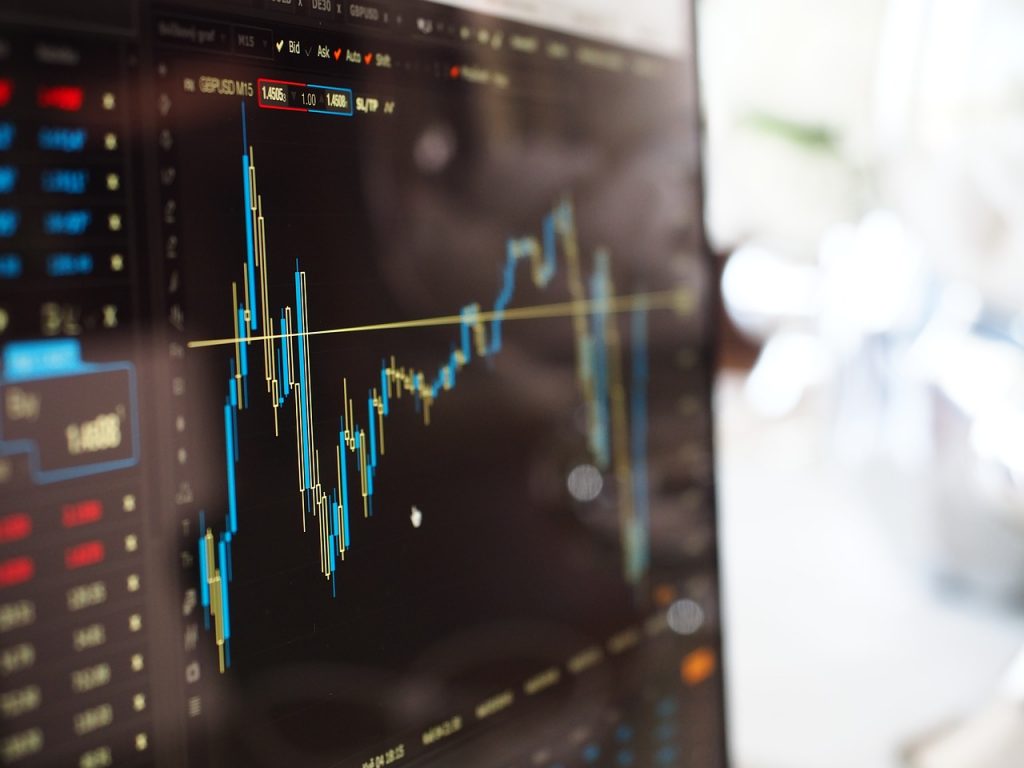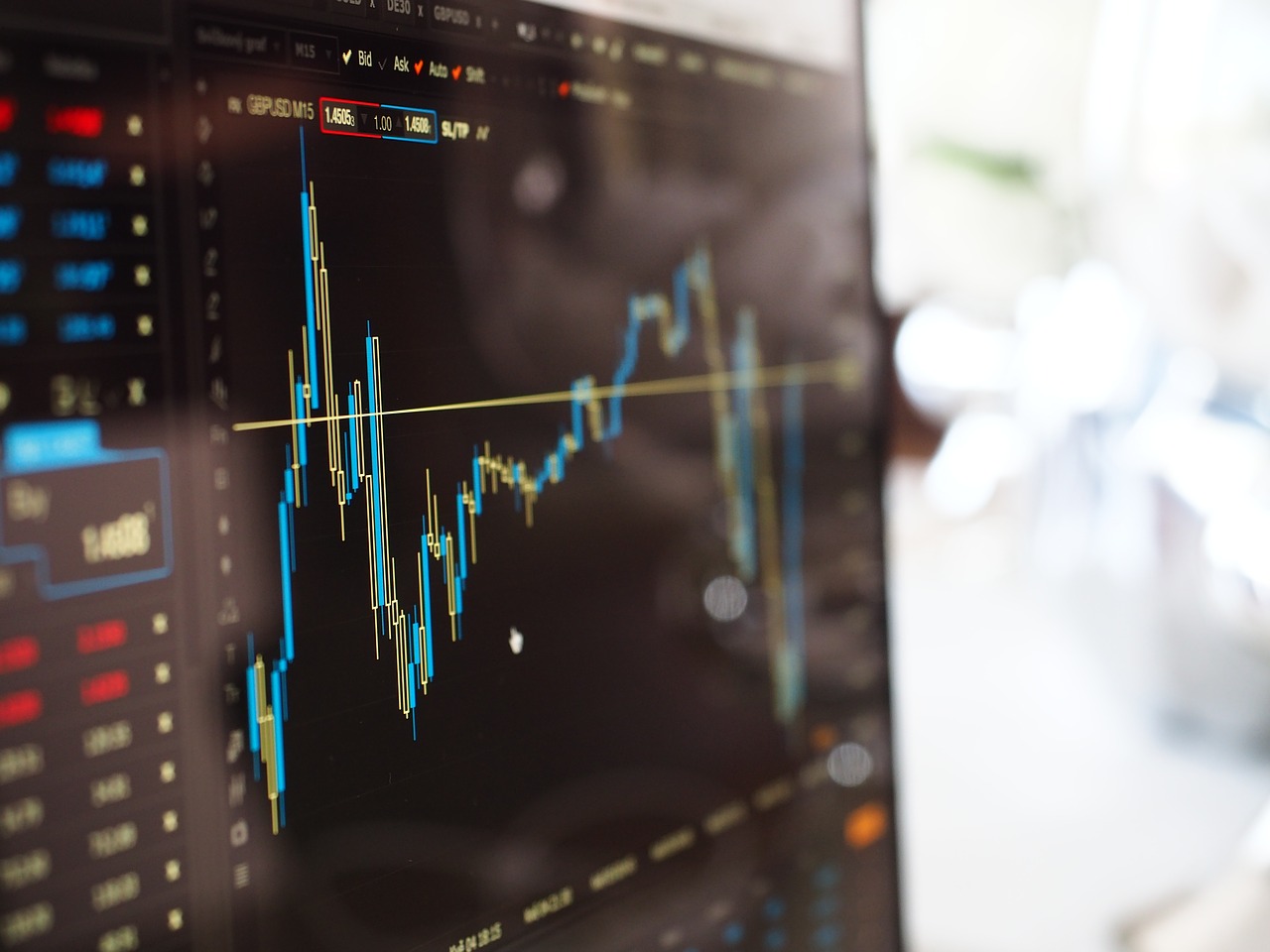I writing a topical email every week to my mailing list. Here’s our last email to subscribers which I thought I share.
You can sign up on our mailing list to get the latest updates when it goes out every week.
Q3 hedge fund letters, conference, scoops etc

Every market downturn brings the usual litany of warnings about the economy, upcoming recessions, double-dip recessions (especially popular around 2009 to 2011).
The truth is that no one knows when the next recession will come, nor its severity. People have a terrible track record at predicting the future… but of course that doesn’t stop people from trying.
Stocks are volatile, and they have always been.
Relying on the performance of the stock market to predict the future is an exercise in futility that is likely to cost you a lot of money.
Stock market crashes are not accurate predictors of recessions…
… and that’s the problem.
The stock market is a extremely fickle and relying on it is notoriously unreliable.
1987 was one of the most extreme examples where the market fell more than 20% in a single day.
Plenty of reasons were cited and the usual carrion call of recessions re-surfaced. None appeared to the dissapointment of many.
Closer to home in Singapore, markets cratered from their all-time in 2015 by more than 20% to their all-time lows in 2016.
With oil prices falling to less than $30 and the Chinese stock market crashing, there were plenty of dire warnings of a global slowdown. A cold winter in the Singapore property market which had experienced its longest decline in history did little to help.
Bank stocks which were doubly impacted by the Oil & Gas crisis in Singapore hit valuations that were only seen in 2008.
I vividly remember one of the headlines plastered across the news – it is time to sell everything and head to cash the headlines blasted.
Despite the gloom and doom, no recession surfaced, and the world economy enjoyed a relatively turbulent free two years (coinciding with Br-exit and the election of Donald Trump).
Should you be cautious now?
When times are good, risk taking behaving is common. The last two years where characterized by a rush into alternative investments like start-ups and crypto-currencies.
Now that times look bleaker, there are plenty of warnings to be cautious and careful when making investments.
I’ve often thought this is strange advice.
It’s not time to be careful now.
You should be cautious and careful all the time.
Using a simple analogy, surely the right time to wear a safety belt and drive cautiously is not when you see an accident up ahead but the moment you step into the car?
Where investors lose money
Market downturns can turn into permanent losses – especially when these investments were made when times were good and prices high.
Local banks shares (UOB, OCBC, DBS) all took a sharp dive in 2016 but subsequently recovered despite minor losses in their oil and gas loan book because they were fundamentally sound businesses that were able to ride out the cycle.
The same cannot be said for many fixed income investors who invested in the bonds of these companies during the “good times” when oil prices were high.
The very worst investments are made at the very best of times – either because of high valuations or debt (or both!)
Buffett has a famous quote – You want to be fearful when people are greedy, and greedy when people are fearful.
You want to be careful all the time, and especially careful when times are good.
Markets go up and down… prepare yourself for it
At the start, I wrote that the market crash is coming, and you should prepare yourself for it.
Although the long run trend of the stock market has always been positive, that says nothing about the short run performance.
Markets and go up or down in any single year and at some point in the next few years – it’s a safe bet to say that markets are going to decline.
That is the way it has been, and always will be.
There is no way for us to know whether markets will go up or down on any single day, week, month or year.
That isn’t going to stop people from trying… but ask yourself how many rich forecasters do you know?
The key thing is to ensure that you only allocate money into the market that you are comfortable with holding for the long run in the same way that you would think about buying a property.
The same long-term mindset applies.
Investing is really a mindset game and investors can prepare themselves by understanding how markets move over the long run and not going in with the mindset that markets will go up every year.
I’ve personally found that understanding market history and understanding what has happened before is a good guide as it provides a fundamental anchor in any storm to keep focused on.
Article by Jun Hao, The Asia Report

